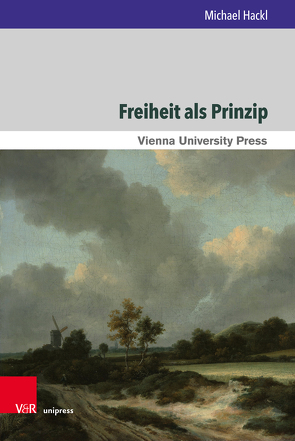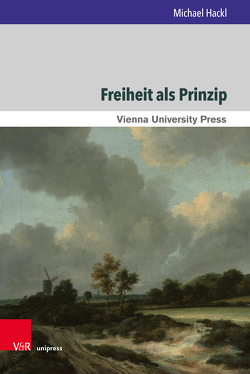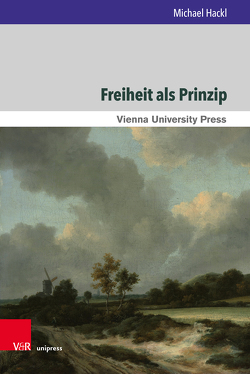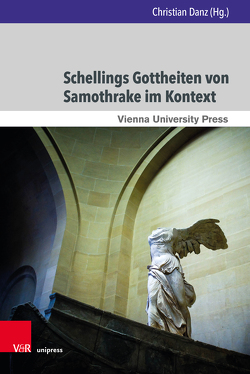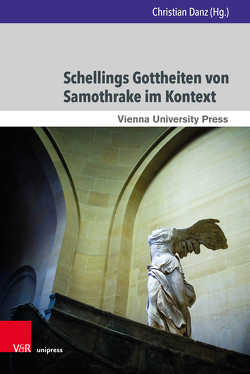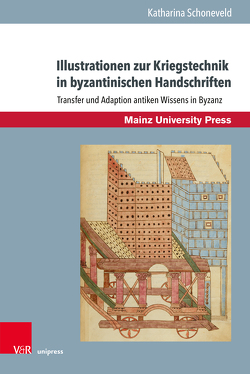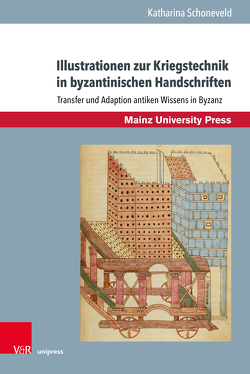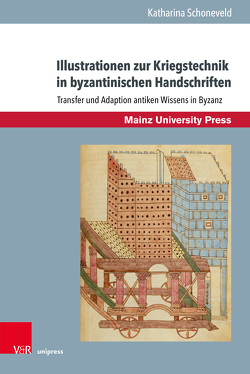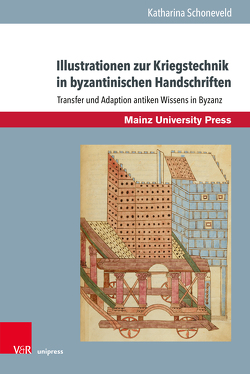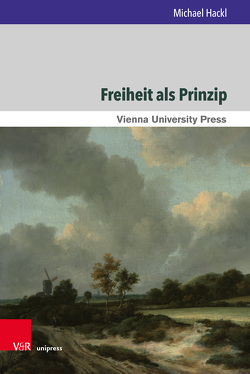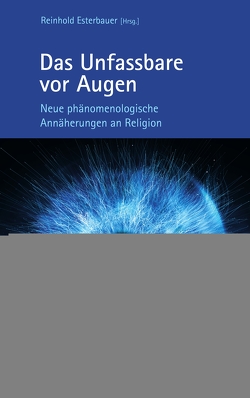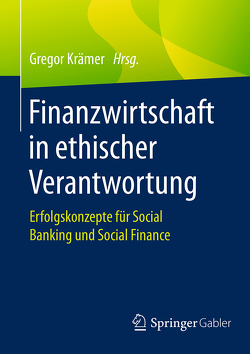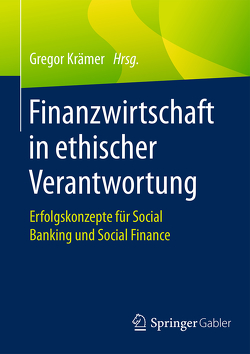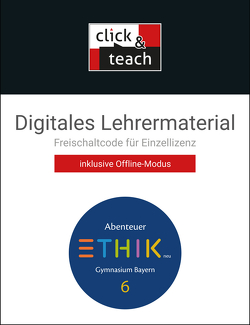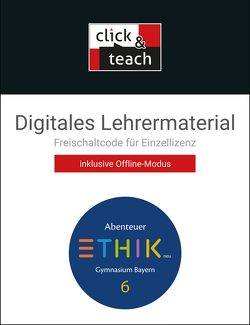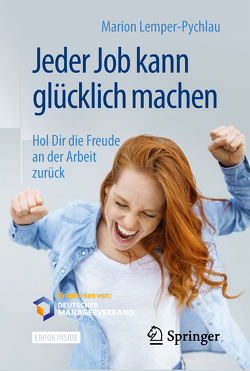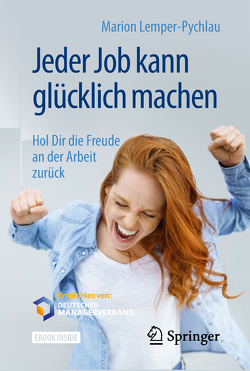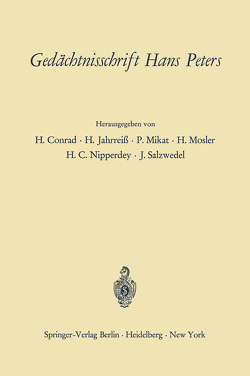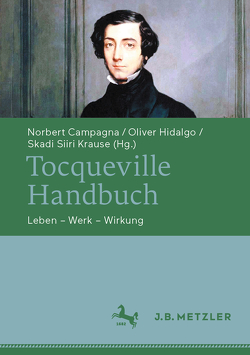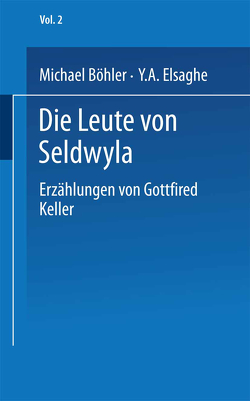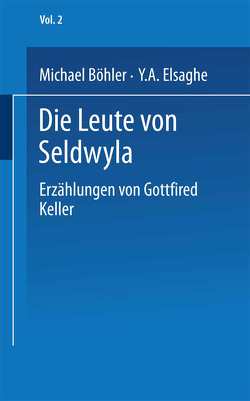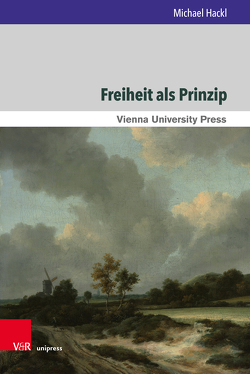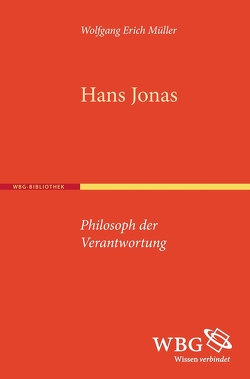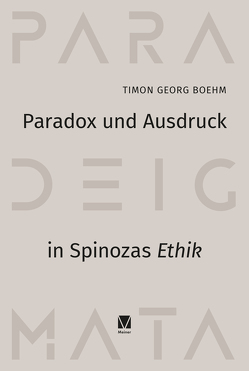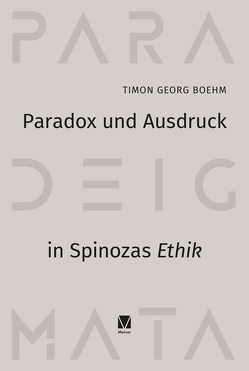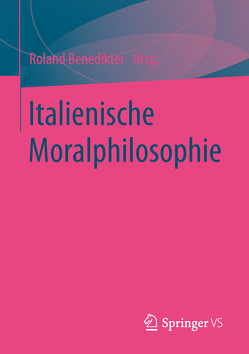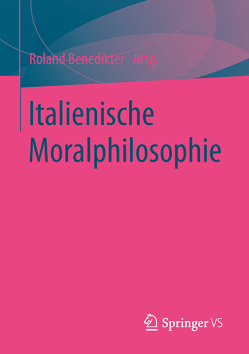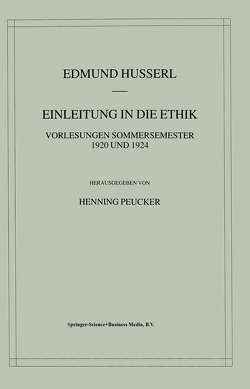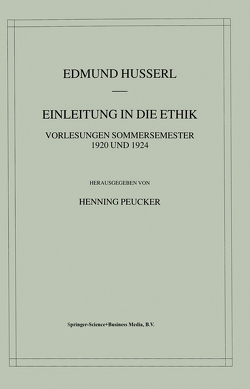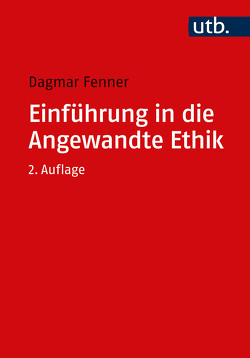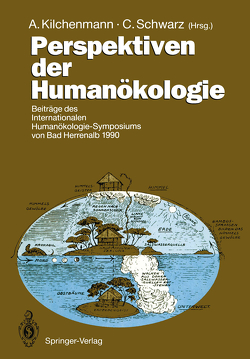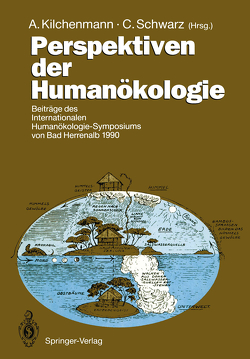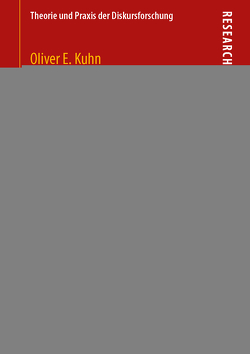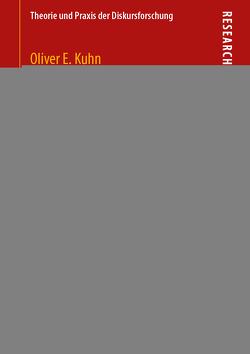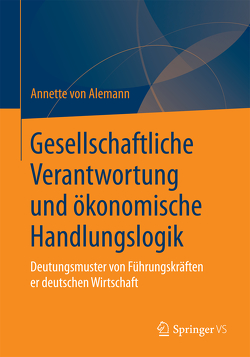Freiheit als Prinzip
Schellings absoluter Idealismus der Mitwissenschaft als Antwort auf die metaphysischen und ethischen Problemhorizonte bei Hans Jonas, Vittorio Hösle und Klaus Michael Meyer-Abich
Michael Hackl
Anhand des absoluten Idealismus der Mitwissenschaft formuliert Michael Hackl einen Freiheitsbegriff, der lehrt, welche Verantwortung wir gegenüber Natur und Geist haben. Ohne die Freiheit des Willens ist keine Moral und keine Ethik möglich. Sind wir nicht zum selbstbestimmten Handeln fähig, handeln wir, wie wir handeln, ohne dass wir daran etwas ändern könnten. Sodann ist kein moralisches Handeln möglich, schließlich können wir nicht sollen, wir sind schlechthin fremdbestimmt, sohin ohnmächtig. Sofern wir aber zur freien Tat fähig sind, hat sie höchste Geltung für unser Handeln, durch sie können wir das Gute und Schöne in der Welt hervorbringen. ›Haben‹ wir Freiheit, ist sie für uns der höchste Wert, treten wir nicht für sie ein, ist sie nicht mehr.
On the basis of the Absolute Idealismus der Mitwissenschaft (Absolute idealism of con-science) Michael Hackl formulates a concept of freedom, that explains our responsibility in regard to nature and spirit. Without this freedom of will neither morality nor ethics are possible. If we are not able to act in a self-determined manner, we act, how we act without being able to change our behaviour. Therefore, we cannot act in a moral manner since there is no must. We are per se directed by others and therefore powerless. Yet, if we are capable of free actions, this has the highest meaning for our actions. With this help, we can bring the good and beautiful into the world. If we ›have‹ freedom, freedom is our highest value, if we do not defend this value, it vanishes.
